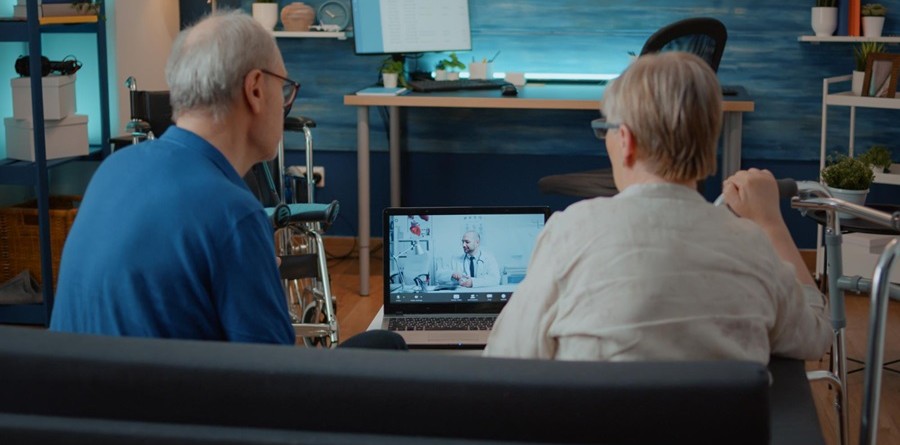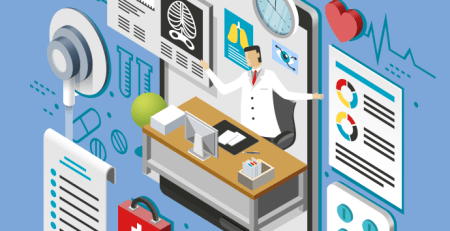Telemedicine Effective for Dementia Care
Telemedicine and telehealth are proving to be valuable tools in managing dementia, according to a new World Health Organization (WHO) study. The research highlights how remote technologies can enhance mental well-being, cognitive function, and overall quality of life for patients while easing the strain on caregivers.
The study, an overview of 91 systematic and scoping reviews, analyzed nearly 3,000 records to evaluate the effectiveness, safety, and cost-efficiency of digital health interventions. Key benefits include reductions in depression and anxiety symptoms through approaches like remote cognitive behavioral therapy and psychoeducation. Indoor falls decreased by 32.7% to 63.8%, and behavioral symptoms such as agitation were better managed.
High satisfaction rates underscore the appeal: 80% to 90% of participants in videoconferencing and telepsychiatry programs reported positive experiences, citing convenience, accessibility, and reduced travel burdens. Social isolation and loneliness also improved, with 86% of virtual therapy users noting better engagement and 67% of caregivers reporting less loneliness via platforms like video calls and peer support groups.
In the WHO European Region, where the population aged 60 and older is projected to reach 247 million by 2030 and over 300 million by 2050, these tools are especially timely. Dementia, the seventh leading cause of death globally and a major source of disability, disproportionately affects women and requires innovative solutions to support aging populations.
Dr. David Novillo Ortiz, Regional Adviser for Data, Evidence and Digital Health at WHO/Europe, noted the potential for broader impact: “While digital tools like telehealth cannot cure dementia, we know that they can significantly improve the quality of life for patients and caregivers. We also know that even small improvements in mental health and social connection can slow decline and reduce dependence.”
Dr. Natasha Azzopardi-Muscat, Director of Health Systems at WHO/Europe, added: “Technology, when used with compassion, and with the right policies in place, can connect people, ease loneliness, and bring hope to people living with dementia and their families. It is not just a health tool. It is a call for governments and digital health providers to act, ensuring that no one is left isolated in the digital age.”
Dr. Yongjie Yon, Technical Officer for Ageing and Health at WHO/Europe, emphasized preparation: “People across the WHO European Region are living longer, which is great news, but it also requires us to prepare our health and care systems to better respond to dementia and support older populations. Digital technologies are not only helping older people manage symptoms but also enabling them to be an active part of their communities.”
Despite these advantages, challenges remain. Telemedicine is most effective for those with mild to moderate dementia and strong caregiver support; individuals with advanced symptoms or limited tech access may face fatigue, frustration, or usability issues. Evidence quality in many reviews was rated low or critically low, highlighting the need for more rigorous, high-quality research to address heterogeneity and methodological gaps.
The findings align with the UN Decade of Healthy Ageing (2021–2030), promoting telemedicine as part of age-friendly environments that foster community support, inclusion, and dignity. As adoption grows, experts call for investments in training, connectivity, and accessible designs to ensure equitable benefits across regions and demographics.











